In today’s rapidly advancing technological and scientific world, laboratory testing equipment plays a pivotal role in ensuring precision, accuracy, and reliability in research, development, and quality control processes. Whether it’s for chemical, physical, or material testing, General Laboratory Testing Equipment is essential for professionals across various industries like pharmaceuticals, construction, food and beverage, and more.
At Engineering Solutions Equipment (ESE), we understand the importance of having high-quality testing equipment to achieve precise results and support innovation. In this blog, we’ll walk you through the essential laboratory testing equipment available in the market and how ESE ensures that your lab meets all necessary standards with reliable, durable, and advanced tools.
The Role of Laboratory Testing Equipment
Laboratory testing equipment provides vital information about the physical, chemical, or biological properties of materials, substances, and products. Whether you’re analyzing soil composition, conducting chemical reactions, or testing the tensile strength of materials, the equipment you choose has to be accurate, precise, and calibrated for effective results.
Proper testing ensures the quality, safety, and efficiency of products and contributes to regulatory compliance. Accurate testing also accelerates research and development efforts, paving the way for innovative solutions and new technologies.
Essential Types of General Laboratory Testing Equipment
At ESE, we offer a wide range of laboratory testing equipment designed to cater to a variety of industries. Here are some of the essential categories of equipment you should consider for any modern laboratory:
1. Material Testing Equipment
Material testing is essential in ensuring that the materials used in construction, manufacturing, and other industries meet the required standards. Equipment in this category includes:
- Universal Testing Machines (UTM): Used to test the mechanical properties of materials, such as tensile strength, compression, and bending properties.
- Hardness Testers: Measures the hardness of materials, ensuring that metals, polymers, and composites are fit for their intended use.
- Impact Testing Machines: Evaluates a material’s ability to absorb energy during high-rate impact, which is critical for materials used in safety-critical applications like automotive and aerospace.
2. Chemical Testing Equipment
Chemical testing is necessary for determining the composition of materials and identifying any harmful elements or contaminants. Common chemical testing equipment includes:
- pH Meters: Essential for determining the acidity or alkalinity of a substance.
- Spectrophotometers: Used for analyzing the absorption or transmission of light through a sample, aiding in the identification of chemical properties.
- Titrators: Precise instruments used for chemical analysis, especially to determine the concentration of an analyte in a solution.
3. Environmental Testing Equipment
Environmental testing equipment is critical for assessing environmental factors such as air quality, water purity, and soil composition. Key equipment includes:
- Air Quality Monitors: Measure various pollutants and gases like CO2, nitrogen oxides, and volatile organic compounds (VOCs) in the air.
- Water Testing Kits: Used to assess water quality by measuring parameters like pH, turbidity, hardness, and contamination levels.
- Soil Testing Kits: Ensures that soil is suitable for agricultural purposes, including analyzing pH levels, nutrient content, and soil texture.
4. Physical Testing Equipment
Physical testing equipment ensures that materials are fit for their intended applications and meet industry standards. Common tools in this category include:
- Viscometers: Measure the viscosity (thickness) of liquids, such as oils, paints, and food products.
- Flow Meters: Assesses the flow rate of liquids or gases, critical in chemical and food industries.
- Thermometers and Calorimeters: Used to measure temperature and heat flow, respectively, in various materials or reactions.
Key Considerations When Choosing Laboratory Testing Equipment
When purchasing laboratory testing equipment, several key factors should be considered to ensure you get the right tools for your needs:
1. Accuracy and Precision
Accuracy refers to how close the measured value is to the true value, while precision refers to the consistency of repeated measurements. Always choose equipment that guarantees both.
2. Reliability and Durability
Given the frequency and nature of use, the equipment must be robust and durable. Choose equipment from trusted manufacturers that ensure longevity and reliable performance.
3. Calibration and Compliance
Laboratory testing equipment should be regularly calibrated to meet industry standards. Ensure that your equipment is compliant with ISO standards and any local regulations specific to your industry.
4. Easy Maintenance and Support
Opt for equipment that is easy to maintain and comes with adequate support from the manufacturer or supplier. Regular servicing and technical support ensure the equipment continues to perform well.
Why Choose Engineering Solutions Equipment (ESE)?
At ESE, we specialize in providing high-quality general laboratory testing equipment that ensures precision, durability, and reliability for all your testing needs. Here’s why ESE is your ideal partner:
- Wide Range of Equipment: We offer a diverse range of testing equipment, from material and chemical testing to environmental and physical testing, catering to various industries and applications.
- Precision and Quality: Our equipment meets the highest industry standards for accuracy, calibration, and reliability. We partner with trusted manufacturers to bring you the best products.
- Expert Support and Service: With years of experience, ESE provides expert guidance to help you select the right equipment for your laboratory. Our team ensures smooth installation, calibration, and ongoing support to keep your equipment running at optimal performance.
- Customized Solutions: We understand that every laboratory has unique needs. That’s why we offer customized solutions tailored to your specific testing requirements.
Applications of General Laboratory Testing Equipment
The versatility of general laboratory testing equipment makes it suitable for various industries and research purposes. Some of the key applications include:
- Pharmaceuticals: Ensuring the safety and quality of drugs and formulations.
- Construction: Testing the strength and durability of construction materials like concrete, steel, and asphalt.
- Food & Beverage: Ensuring quality control by testing ingredients, flavors, and contamination levels.
- Environmental Science: Monitoring air, water, and soil quality to ensure regulatory compliance and sustainability.
- Manufacturing: Testing raw materials, finished goods, and processes for quality control in production lines.
Conclusion
General laboratory testing equipment is the backbone of quality assurance, research, and development across numerous industries. Whether you’re conducting research, ensuring product safety, or analyzing materials for strength and durability, high-quality testing equipment from Engineering Solutions Equipment (ESE) is essential for getting accurate and reliable results.
With our wide range of testing equipment, expert support, and commitment to delivering cutting-edge solutions, ESE ensures that your laboratory has everything it needs to operate at the highest level of performance.
Contact us today to learn more about our laboratory testing equipment and how we can help you achieve precision and reliability in all your tests!
FAQs
1. What types of laboratory testing equipment does ESE offer?
ESE offers a wide range of laboratory testing equipment, including material testing machines, chemical testing tools, environmental testing kits, and physical testing devices.
2. Why is calibration important for laboratory testing equipment?
Calibration ensures that the equipment provides accurate and reliable results. Regular calibration is crucial for maintaining compliance with industry standards and avoiding errors in testing.
3. Can ESE customize laboratory testing equipment for specific needs?
Yes, ESE provides customized solutions tailored to your unique laboratory requirements. Our team works with you to ensure the equipment meets your specific testing demands.
4. What industries use general laboratory testing equipment?
Laboratory testing equipment is used in a variety of industries, including pharmaceuticals, construction, food and beverage, environmental science, and manufacturing.
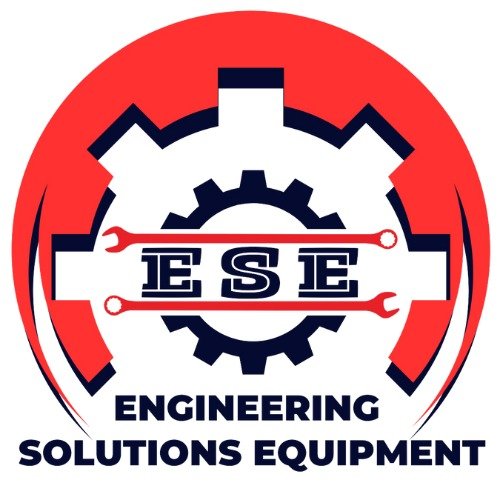

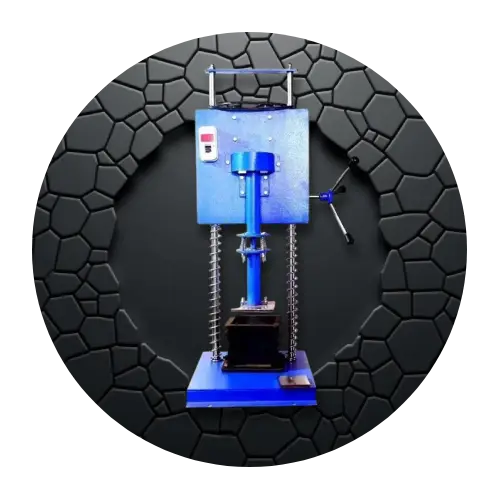
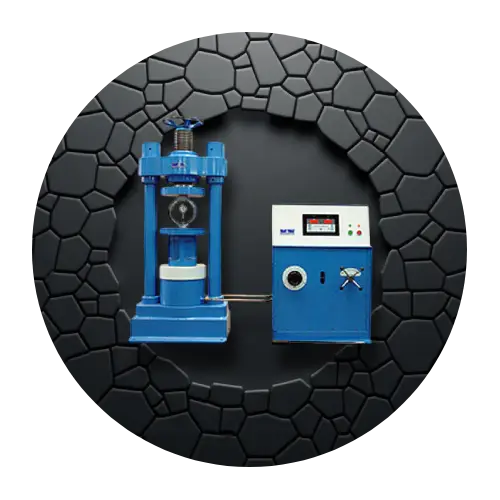
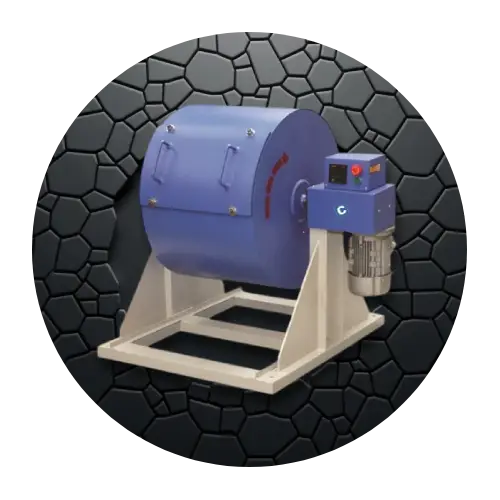
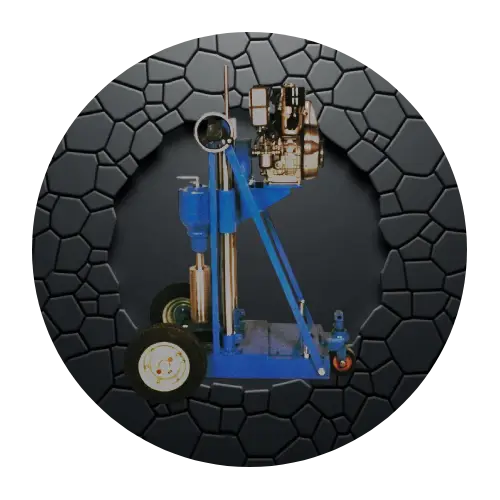
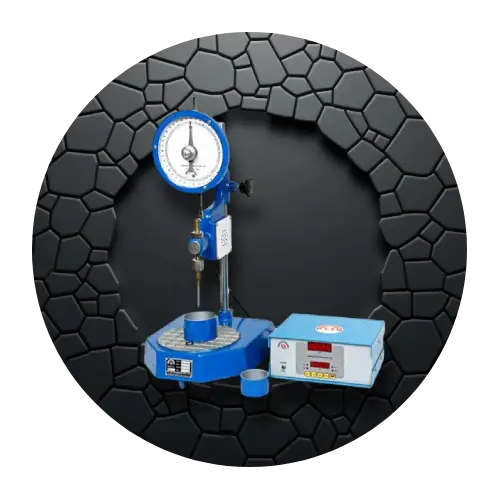
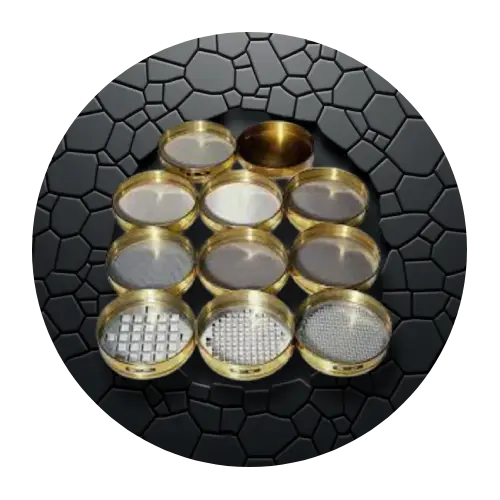


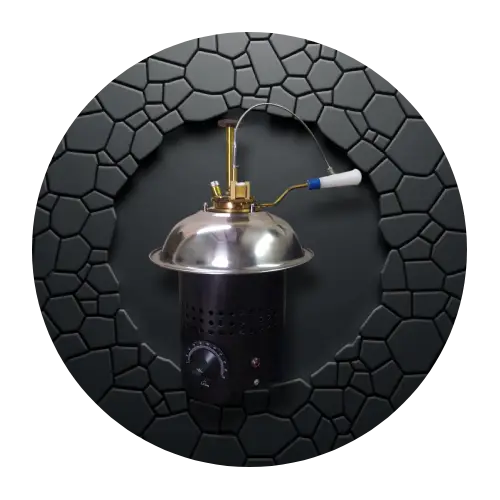
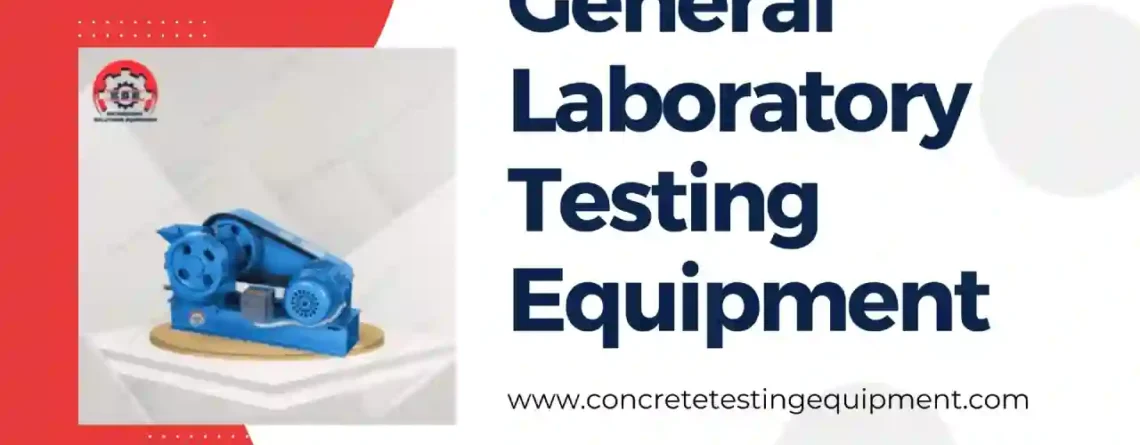




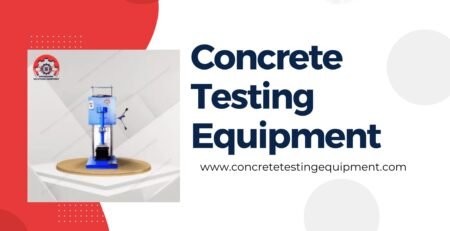




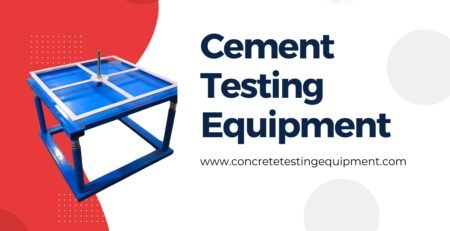
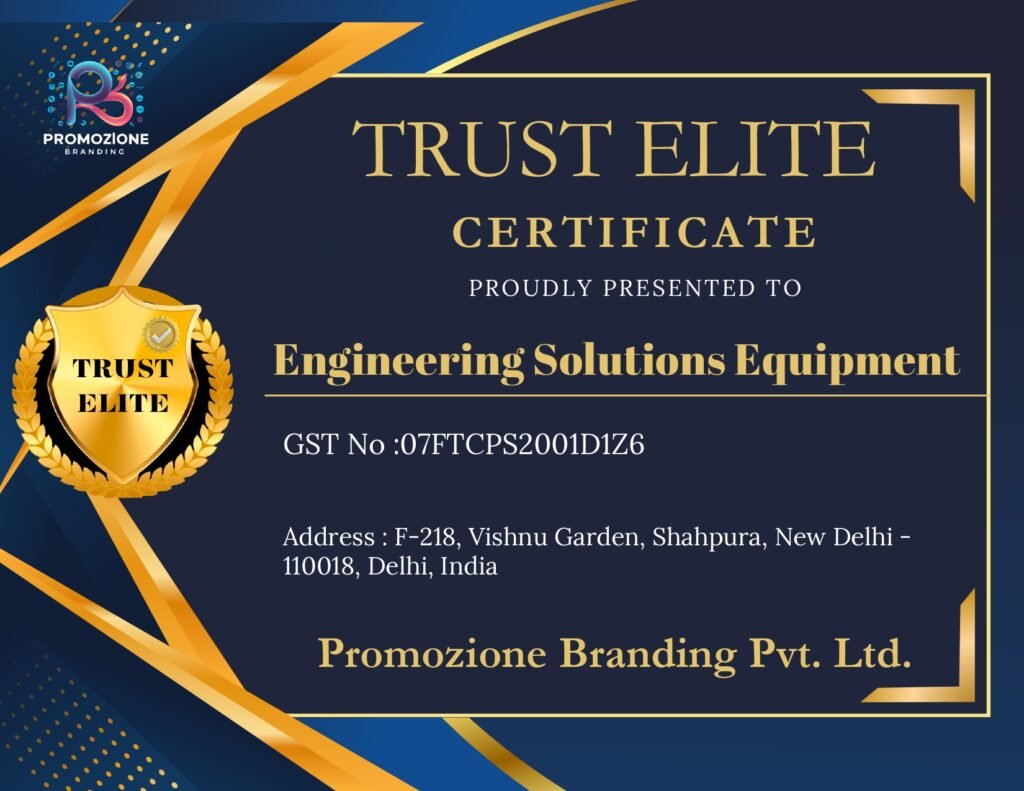
Leave a Reply